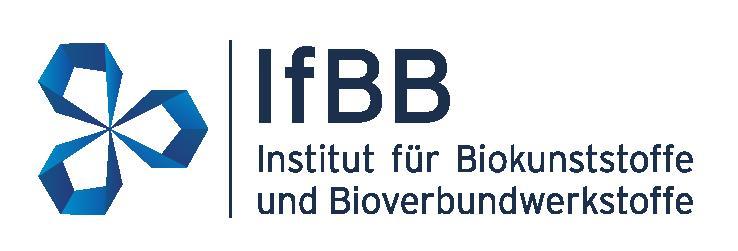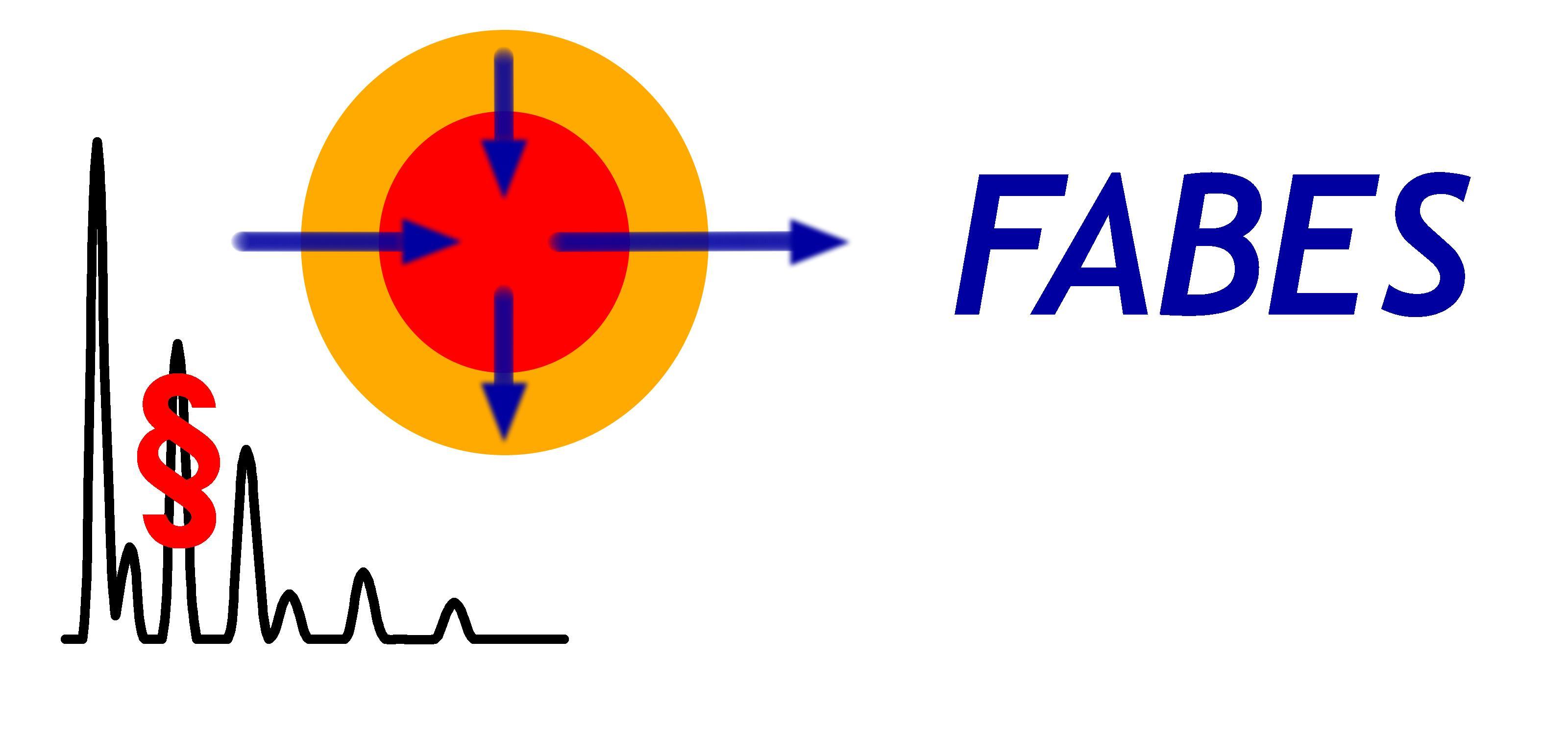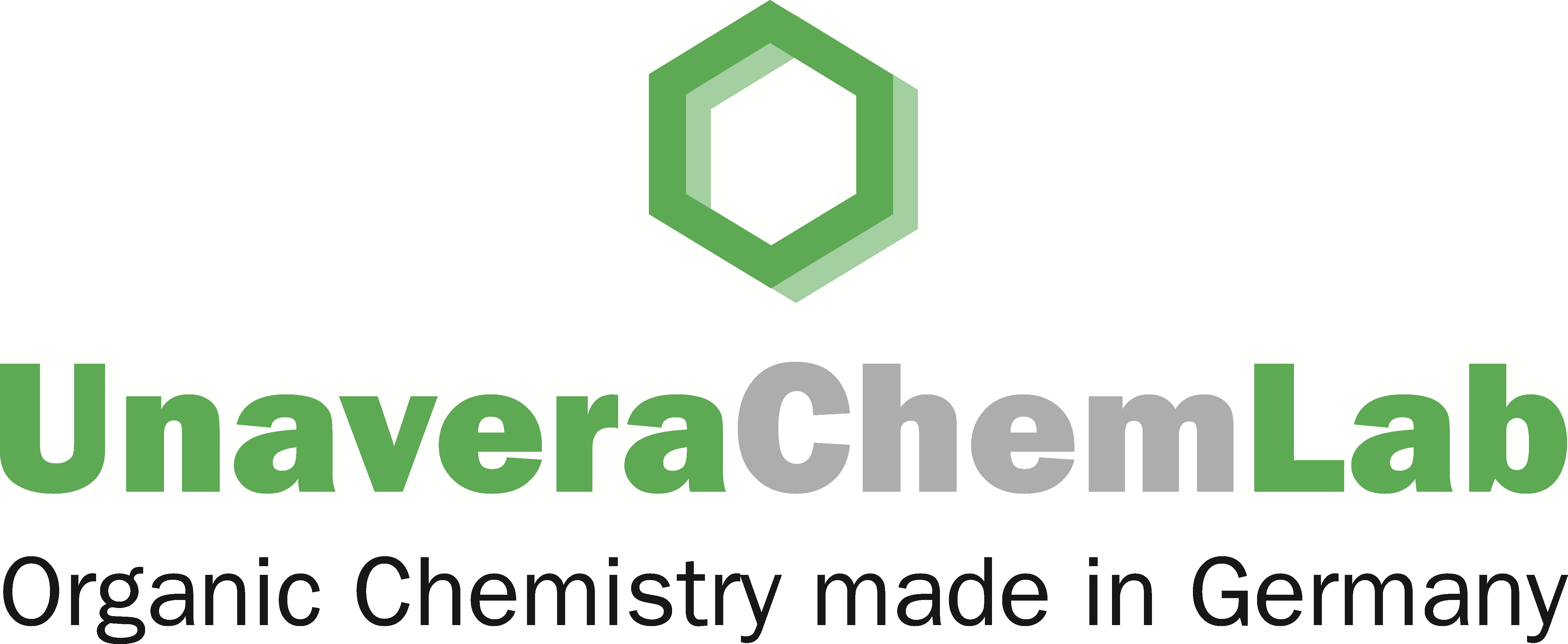Bioplastics and plastics recycling
We cannot imagine our daily life without plastics. Generally, the day starts and ends with a toothbrush, typically completely made of plastics. Plastics take over varying tasks, like packaging for the protection of food or medicine ensuring the products’ hygiene and durability. As plastics barely conduct heat, houses are isolated with corresponding insulating materials to avoid heat loss. Polymer components almost do not corrode, are light-weighted but durable and thus are resistant to many outside influences over a long period. Apparel made of synthetic fiber textiles or of synthetic fiber components can provide comfortable wearability properties as well as functionalities such as water repellency and/or breathability.
However, we should not oversee the disadvantages of polymers and their occurring hazards. Immediate advantageous properties, like outstanding durability, could be a tremendous disadvantage if it is disposed in nature. Then, polymers are only degraded extremely slowly in nature and will remain as waste for centuries to come. In addition, we can nowadays find nano plastic particles everywhere: added in toothpaste or detergents, to improve its cleaning impact, or in cosmetics to boost the covering power.

Biopolymers make the difference
Next to these environmental and health hazards, there remain other non-solved functionality deficiencies related to petro-chemical plastics. For instance, compound systems from different plastics are required to achieve varied barrier effects in packaging to protect food. These systems lead to a limited recyclability and lastly to a “downcycling”, as these materials, produced at great effort, cannot be separated at their end of life.
Therefore, it is important to substitute petro-chemical plastic products with environmentally friendly alternatives at large scale as soon as possible. These alternatives must ensure the positive application properties of plastic materials in daily use and must not lead to the mentioned, negative environmental impacts and health hazards. “Bioplastics” lend themselves as these alternatives due to their nearly similar characteristics, related material properties and manufacturing processes. On top of that, we can expect properties (e.g., barrier effects) of certain biopolymers that cannot be met by petro-chemical plastics. The most well-known, technically usable, bio-based polymers comprise polylactide (PLA), polybutyl-succinate (PBS), an polysaccharides like starch and polyhydroxyalkanoate (PHA).
Networks
-
BioPlastik
In the “BioPlastik” cooperation network, partners from industry and academia work together under the management of IBB Netzwerk GmbH. The…
-
Plastics Recycling
With the newly established “Plastics Recycling” network, we would like to represent the entire value chain. Thus, among others, suppliers…
News
-
Biotalys (Euronext: BTLS) is pleased to announce that the United States Environmental Protection Agency (EPA) has issued its proposed registration decision to approve the company’s first…
-
Hydrogenious LOHC Technologies awards FEED and EPCM contract for the world’s largest hydrogen release plant in Bavaria, Germany
14.11.2025NewsHydrogenious LOHC Technologies, German pioneer in the field of liquid organic hydrogen carriers (LOHC), has signed a contract with the Griesemann Gruppe for the Front End Engineering and Design…
-
The European Investment bank published a new study about Europes bio-based industries.
-
Researchers reporting in ACS Energy Letters have devised a battery powered by vitamin B2 (riboflavin) and glucose. Inspired by how human bodies break down glucose for energy using enzymes, the team…
-
Collaboration between electrical, mechanical engineering professors leads to groundbreaking new research
-
UD researchers and collaborators develop new catalyst to accelerate upcycling of plastics
Events
-
22. – 24. September 2026 | Siegburg and Online
-
22. – 25. September 2026 | Saarbrücken
-
9 — 10 September 2026 | Omaha, USA



















